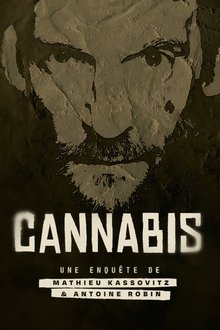The film questions whether the Civil Rights Movement of the 1960s effectively changed the Black community, and American society more widely, and examines the notion of Black power itself. Greaves interviewed major Black leaders, such as Franklin Thomas, Clifton Wharton Jr., Eleanor Holmes Norton, and Lerone Bennett Jr. to present a candid take on issues within the African American community, revealing wider societal problems in America at large.
Related Movies
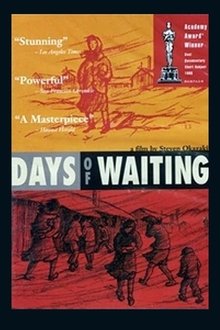
Days of Waiting: The Life & Art of Estelle Ishigo (1991)
The story of Estelle Ishigo, one of the few Caucasians interned with Japanese Americans during World War II. The wife of a Japanese American, Ishigo refused to be separated from her husband and was interned along with him. Based on the personal papers of Estelle Ishigo and her novel Lone Heart Mountain.

Ghosts of Ole Miss (2012)
In the fall of 1962, a dramatic series of events made Civil Rights history and changed a way of life. On the eve of James Meredith becoming the first African-American to attend class at the University of Mississippi, the campus erupted into a night of rioting between those opposed to the integration of the school and those trying to enforce it. Before the rioting ended, the National Guard and Federal troops were called in to put an end to the violence and enforce Meredith's rights as an American citizen.
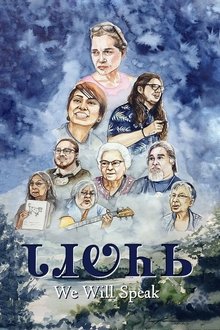
We Will Speak (2023)
The Cherokee language is deeply tied to Cherokee identity; yet generations of assimilation efforts by the U.S. government and anti-Indigenous stigmas have forced the Tri-Council of Cherokee tribes to declare a State of Emergency for the language in 2019. While there are 430,000 Cherokee citizens in the three federally recognized tribes, fewer than an estimated 2,000 fluent speakers remain—the majority of whom are elderly. The covid pandemic has unfortunately hastened the course. Language activists, artists, and the youth must now lead the charge of urgent radical revitalization efforts to help save the language from the brink of extinction.
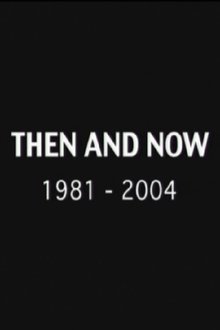
Then and Now: 1981-2004 (2004)
A short film mostly comprised of two sources: research footage from 1988 about the beginnings of the HIV epidemic from the perspective of medical professionals, and an interview with Cleve Jones in 2003 as he looks back upon his activism, and the state of the HIV/AIDS epidemic in the early 2000s.
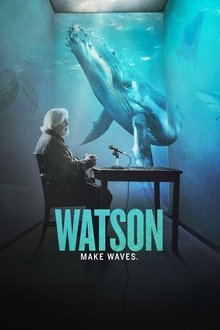
Watson (2019)
Co-founder of Greenpeace and founder of Sea Shepherd, Captain Watson is part pirate, part philosopher in this provocative documentary about a man who will stop at nothing to protect what lies beneath.

Zero Impunity (2019)
An artistic hybrid documentary, ZERO IMPUNITY is the centerpiece of an ambitious global transmedia project. ZERO IMPUNITY sheds a powerful spotlight on the seemingly total Impunity for the use of sexual violence in armed conflicts worldwide. ZERO IMPUNITY is an important and necessary eye opening Scream, raising awareness and outrage.

July '64 (2004)
A historic three-day race riot erupted in two African American neighborhoods in the northern, mid-sized city of Rochester, New York. On the night of July 24, 1964, frustration and resentment brought on by institutional racism, overcrowding, lack of job opportunity and police dog attacks exploded in racial violence that brought Rochester to its knees. Combines historic archival footage, news reports, and interviews with witnesses and participants to dig deeply into the causes and effects of the historic disturbance.

The State of Eugenics (2017)
This film shines a light on a sorry and oft-forgotten chapter in US history— the forced sterilization of 7,600 people thought to have “undesirable” genetic make-ups. The film follows researchers & journalists who delved into dusty archives to bring North Carolina’s extensive eugenics program into the sunlight. When the journalists succeed in connecting those files to living survivors and the vast network of perpetrators are revealed, a grassroots movement begins, tirelessly insisting the state confront its nefarious past. The documentary— four years in the making, brings into focus the human tragedy that unfolded behind closed doors for decades and gives voice to survivors who believed their poverty would leave their stories untold and their pain unrecognized.
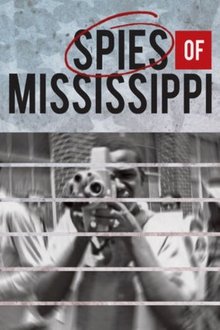
Spies of Mississippi (2014)
Spies of Mississippi tells the story of a secret spy agency formed by the state of Mississippi to preserve segregation and maintain white supremacy. The anti-civil rights organization was hidden in plain sight in an unassuming office in the Mississippi State Capitol. Funded with taxpayer dollars and granted extraordinary latitude to carry out its mission, the Commission evolved from a propaganda machine into a full blown spy operation. How do we know this is true? The Commission itself tells us in more than 146,000 pages of files preserved by the State. This wealth of first person primary historical material guides us through one of the most fascinating and yet little known stories of America's quest for Civil Rights.

The Red Elvis (2007)
A documentary on the late American entertainer Dean Reed, who became a huge star in East Germany after settling there in 1973.
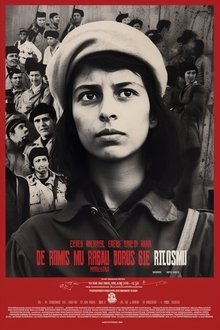
Jeunesse Rouge: The Story of Young Communist Revolutionaries in France (2023)
"Jeunesse Rouge" is a documentary exploring young French Communist revolutionaries fighting for a just and equal society. The film follows their organizing and mobilizing, while delving into the history of the Communist movement in France. Archival footage and interviews with activists show their passionate commitment, from protests and strikes to political education. It highlights the power of youth activism and their potential to bring about change in the face of systemic inequality.

Mère-Bi (NaN)
Mère-Bi is a 2008 documentary film about Annette Mbaye d'Erneville by her son, director Ousmane William Mbaye. The first Senegalese female journalist, she was deeply involved in the development of her country. Both an activist and a non-conformist, she fought for the emancipation of women from the beginning.
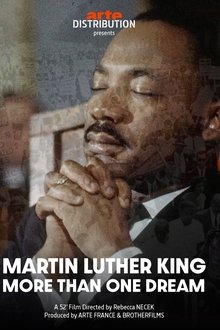
Martin Luther King: More Than One Dream (2022)
The real dream of the American pastor Martin Luther King was never limited to civil rights. He hoped for a just America, where poverty would no longer have a place. Social equality was for him the only guarantee of a true emancipation. During the last four years of his life, he mobilized all his energy to realize this "other dream". But there were many obstacles: he was scorned by white, racist America, abandoned by the political class, but also by some of his own people, who decided to turn their backs on the principle of non-violence.
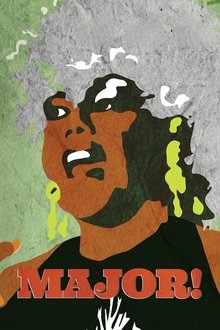
MAJOR! (2015)
MAJOR! follows the life and campaigns of Miss Major Griffin-Gracy, a 73-year-old Black transgender woman who has been fighting for the rights of trans women of color for over 40 years.

Letter from Tokyo (2018)
Letter from Tokyo is a documentary film that looks at art, culture and politics in Tokyo, Japan. Shot over three months during the summer of 2018, and with a particular focus on grass roots arts initiatives, the use of public space, and queer politics, the film provides a snapshot of Japan’s capital in the run up to the 2020 olympics.
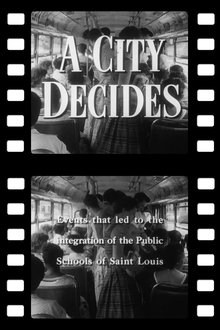
A City Decides (1956)
A City Decides chronicles the events that led to the integration of the St. Louis public schools in 1954. An Oscar-nominated short documentary from 1956.
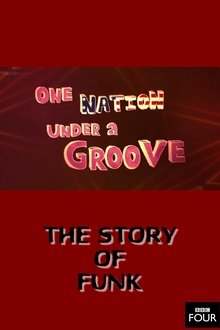
The Story of Funk: One Nation Under a Groove (2014)
A documentary on funk and P-funk and the bands and artists that made it all happen: James Brown, Sly Stone, George Clinton, Bootsy Collins, Maurice White and his Earth Wind & Fire, Average White Band, Kool & The Gang and lots more. It tells the story of black American music and how it evolved from funk to more main stream to disco to hiphop to contemporary R 'n B and its impact on society. Music and live footage from the bands, interviews with artists and band members of Kool & The Gang, Earth Wind & Fire, George Clinton and lots more.
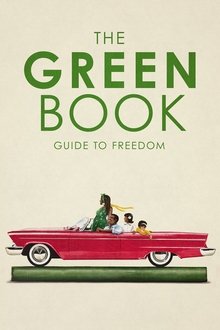
The Green Book: Guide to Freedom (2019)
In 1936, Victor H. Green (1892-1960) published The Negro Motorist Green Book, a book that was both a travel guide and a survival manual, to help African-Americans navigate safe those regions of the United States where segregation and Jim Crow laws were disgracefully applied.
